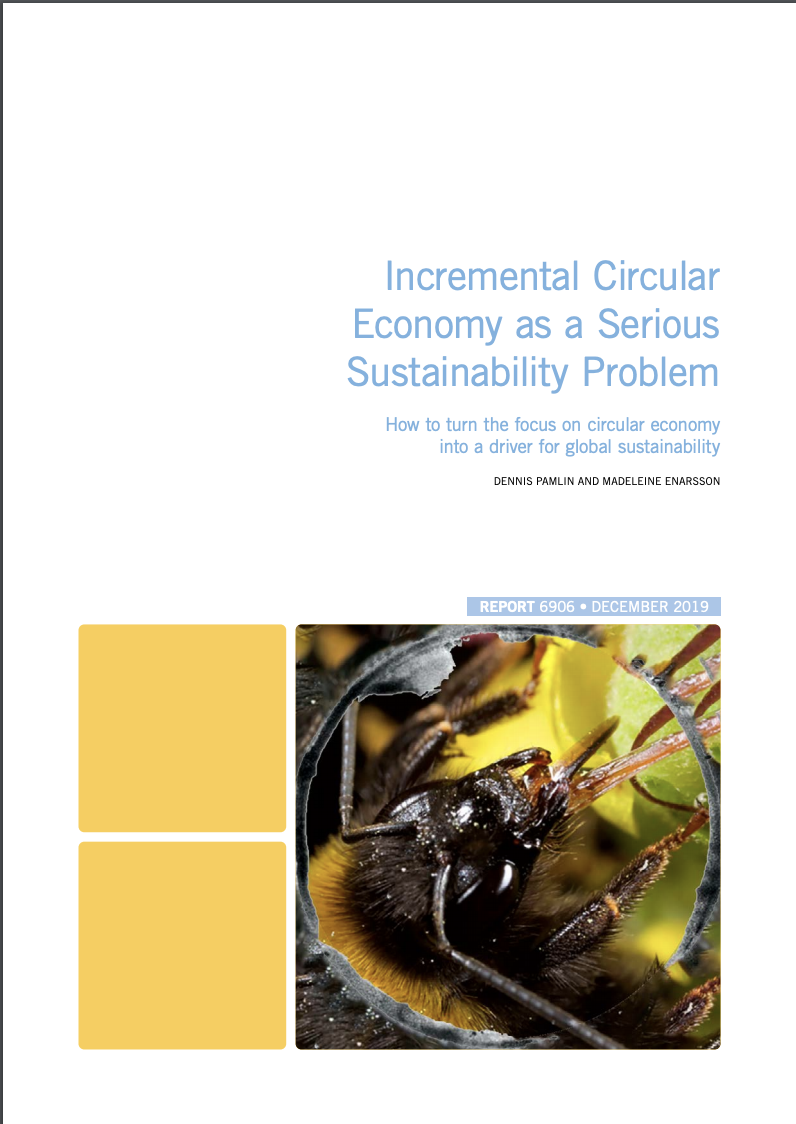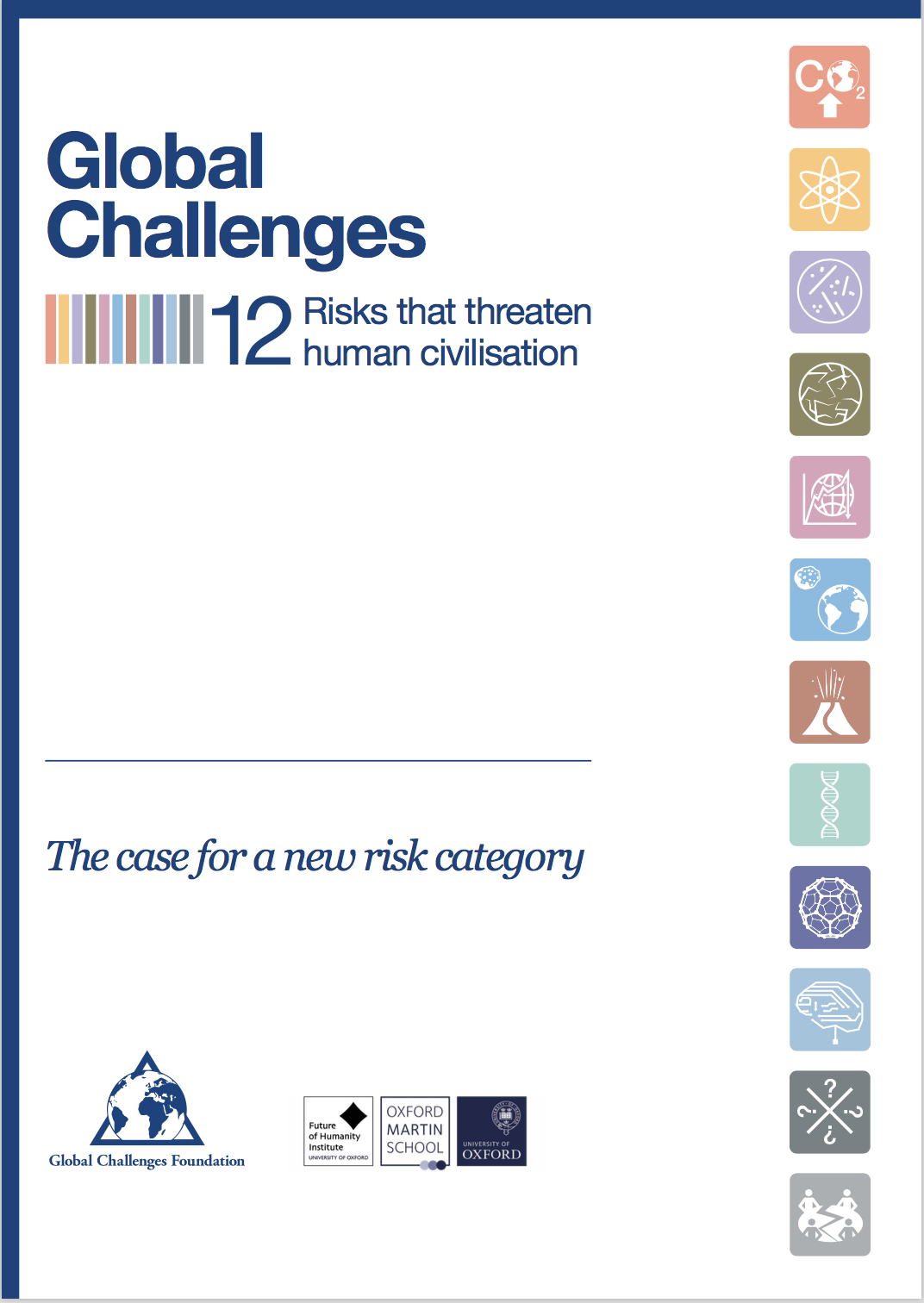Sustainability at the Speed of Light (Book)
/Role: author/editor
Comment
After the climate meeting in Kyoto and assessing other sustainability trends it became clear that more than incremental improvements are needed. The technology and sector that I thought was best positioned to deliver this sustainable disruption was the ICT sector.
After a few years of trying to get governments, companies (outside the ICT sector) and NGOs to understand the potential of digitalisation without much success I decided to put the ideas together in a book to make a very complicated issue easier to access. It was interesting as most people agreed that it was important, but very few felt they could do anything. So the five years after the book I focused on integrating an ICT aspect in all strategies and processes that I thought were important. There are many interesting stories around the process, and I learned a lot about how different people approach change and new ideas.
First two sentences
For the past few years, information technology and the so-called new economy have been intensely discussed. Many different views exist, but there is no doubt that over the next couple of years information and communication technologies (ICT) will come to affect and reshape most parts of our society. Whether we like it or not, ICT will radically influence transport patterns, energy consumption, overall resource usage and, to an unknown degree, our culture and even the way we perceive the world, our relationship to it, and our actions as dictated by these new mores.
Although ICT will have an enormous effect on tomorrow’s society, surprisingly little research has been conducted regarding its future environmental consequences. Most of the work that has been done has reached one of two conclusions: either ICT will bring only good things, from solutions to world hunger and the elimination of all transportation problems to a revitalised democracy; or ICT will bring nothing but problems, accelerating resource consumption, introducing new toxic materials and resulting in greater inequity by introducing a digital divide that will worsen the already unequal distribution of wealth and influence.
The first challenge, if we want to tackle the challenges surrounding ICT for the future, is to go beyond this polarised perspective.































